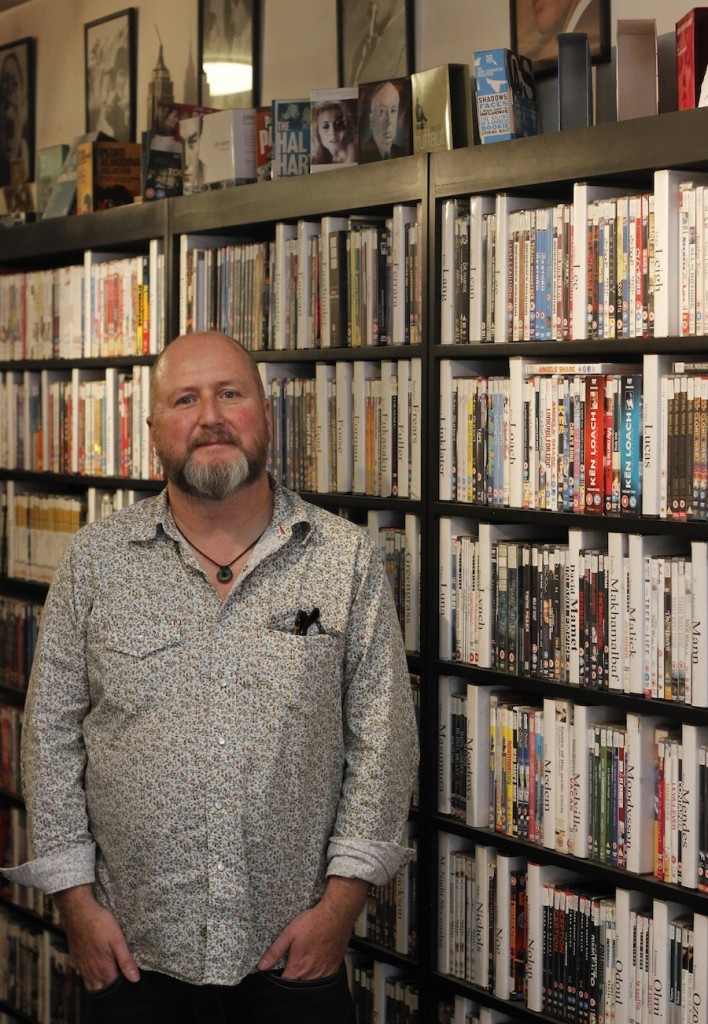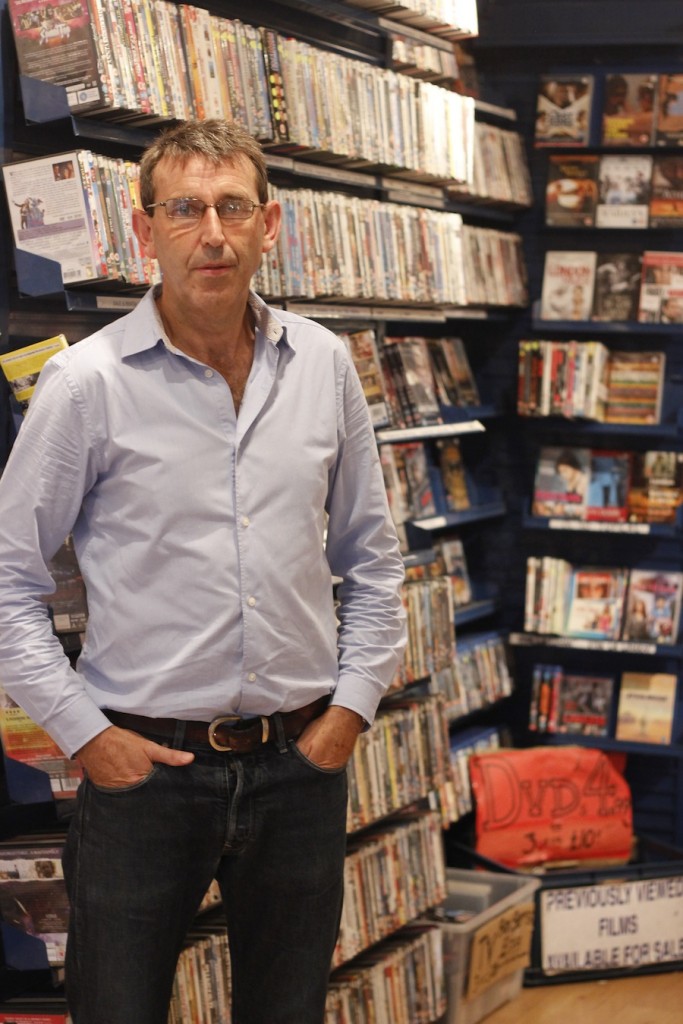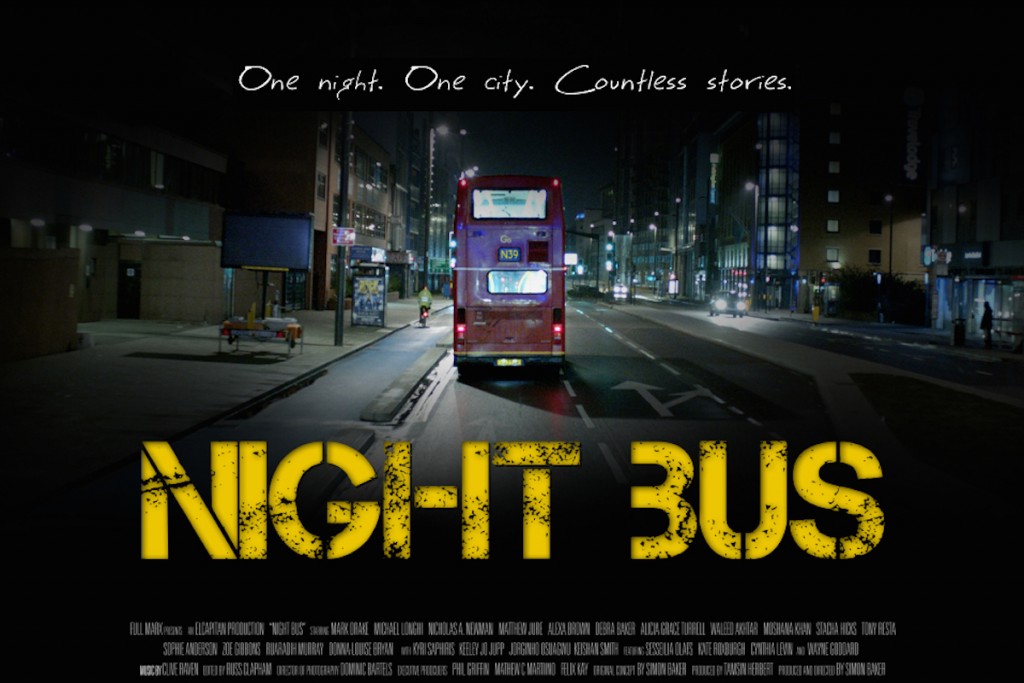London’s video rental desert
From VHS/DVD to instant streaming, examining the industrial impact
to London’s traditional based video rental stores.
Despite being the largest growing sector in video rental, the UK has resisted the adoption of video rental kiosks and remains steadfast on two options – a diminishing traditional avenue and a burgeoning digital alternative.
The challenge in London though is finding that traditional brick and mortar independent store-based rental haven. Contrary to your own disbelief, they do exist and a perfect example on why they do is the feat Paul Smith at Channel Films accomplished earlier this week.
“I’ve been looking for a copy of Nashville for about four years and I’ve finally found it and ordered it,” Smith excitedly told me inside Channel Films at Ladbroke Grove. “[Kiosks] can only give you about 400 titles. So you don’t have great choices. All you can really get is the latest releases.”
Offering obscure titles like Nashville, which isn’t available on such streaming services as LoveFilm or Netflix, is exactly why Channel Films at Ladbroke Grove was able to celebrate it’s 24th year in business in June.

However, during the video rental industry’s peak, Paul was able to have eight locations spread throughout the city of London. But external factors have diminished that to three lone survivors.
Inside the UK as a whole, traditional store-based locations peaked in 1992 at 7,600. Since then they’ve devastatingly made their descent to 3,750 in 2000 and 1,300 in 2012, according to figures from industry analyst IHS.
“What Reed Hastings (Netflix CEO) has predicted has happened more in the UK than the U.S., and that’s at a certain point the subscription service will implode store-based,” said Tom Adams, IHS research director for U.S. video. “However, in the U.S., the store-based imploded and was replaced by kiosks.”
The most popular U.S. kiosk option is Illinois based Redbox that touts 68 percent of Americans live within a five minute drive to their video vending machine, normally found outside of large corporate grocery store chains and drugstores. Although U.S. kiosk rental market shares grew from $1.9 billion in 2011 to $2.2 billion last year, according to IHS, the machines remain absent from the UK rental market.
“Whether it be in our culture or just in our makeup, we just don’t feel comfortable with it,” said Simon Brzeskwinski, who runs the traditional store-based Video City in Notting Hill, which has been around for 30 years. “For the British public, if something doesn’t work, they like to come in and tell you it doesn’t work. There’s no real comeback with a machine. There’s no relationship with it.”
Paul also highlights another cultural difference to Americans relating to financial security concerns. “People here are very suspicious of something new that you have to put your card into and type a number.”
For some Americans, traveling to that vending machine could be the only choice if they want to see the latest new release. During the golden days of renting in the UK though, you’re only option was to visit your local video store.
Unlike America, the UK rental market experienced an elongated window where new releases could only be seen through rental stores for periods from six months up to one year before they were released to the public for retail purchase.
It wasn’t until the early 2000s the UK experienced same day rental/retail release, which was already long established as the industry norm inside the U.S. Once this became standard, a chain reaction of closures began, said Lloyd Saich who was a sales manager for Warner Home Video for 17 years.
“Rental was the king and then retail came in,” Lloyd remembered. “We were under increasing pressure to hit bigger forecasting figures. Distributors found compressing the window was key because the retail industry was growing exponentially.”
The metaphysical loss though is insurmountable as distributors shifted their priority to retail solely to “maximize their roots to the market,” Lloyd added.
“Before I left I was the only one in the sales unit with any rental insight. We spent our time making personal connections with the rental retailers, meeting their families. It was hands on and personal,” he explained. “Retail was very numbers crunching. You would meet your retailers only when to show them new products and then they’ll leave and place an order. It became just like a machine.”
Machines are cold, impersonal and incapable of establishing a permanent connection, Simon said. They leave us with impressions that degrade the way we experience the anticipation, surprise and quality of everyday unexpected interaction. Their concrete presence is hardly stimulating and feels like a second-hand occurrence.
“People like to know that there are people who care what they take home and have their interests at heart. It’s very difficult for any of the Internet based sites to have a recommendation policy or program that works.”
When I stopped into Video City on a late Friday afternoon, families flooded the entire store with their fluttering children who just got out of school. Wondering what to rent, each one of the Video City employees were attentively at hand detecting the group’s interest and sniping the vast racks for the perfect match.
A setting like this is another reason why the traditional avenue remains intact. Without these places we unavoidably miss out on the way we interact with a space and the faces and memories our brains associate them with. Video rental shops are like coffee shops. The human psyche wants more than just to be another faceless number in a crowd. It wants to be remembered and from time to time, given new suggestions to further its own discovery.
“There’s a shift to the digital platform, but people like the physical copy and it puzzles many on Wall Street,” Tom analyzed. “The people on that side of the business have plenty of money and no time. The average consumer has plenty of time and not very much money. So they love going to the stores… It’s a common conception that digital will be replacing physical distribution, but I don’t see it in our lifetime. I think a digital and physical platform can coexist.”

Closures will eventually plateau with stored-based video rentals becoming a niche market inside big cities, he said, but “there are local people fanatic about their film and those retailers are good a taking care of their people.”
Taking care of his people in Chicago you have Brian Chankin of Odd Obsession. Seattle’s had Scarecrow Video since 1983. And in London’s West End you have men like Paul and Simon.
As I was wrapping up my conversation with Paul, he told me he was uncertain on Channel Films Ladbroke Grove future due to an upcoming lease renewal. Poetically, the song Bitter Sweet Symphony by the English rock band The Verve started playing on the radio. Only time will tell if there’s a sequel to its chapter.
Editors Note:
This story was originally published 4 October 2013. Subsequently, both Channel Films and Video City have closed.
Related Reading







 @majesticdisorder
@majesticdisorder